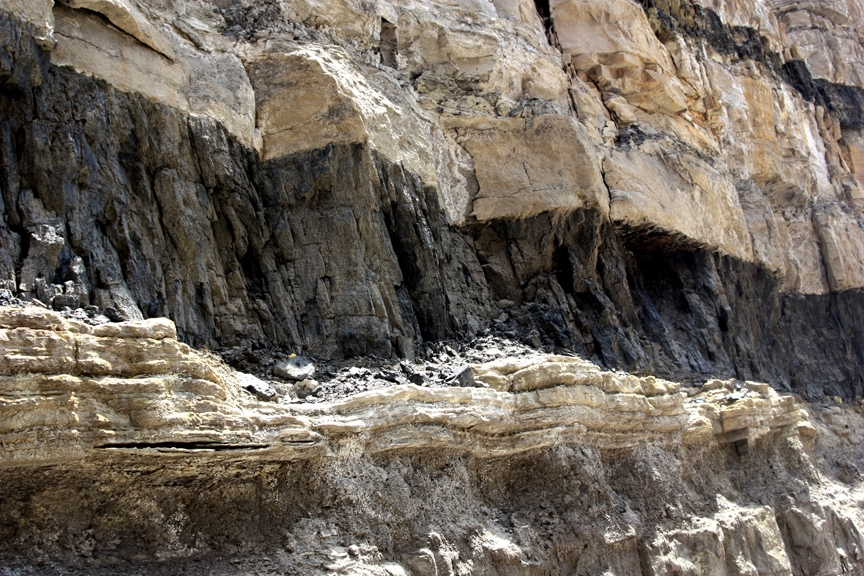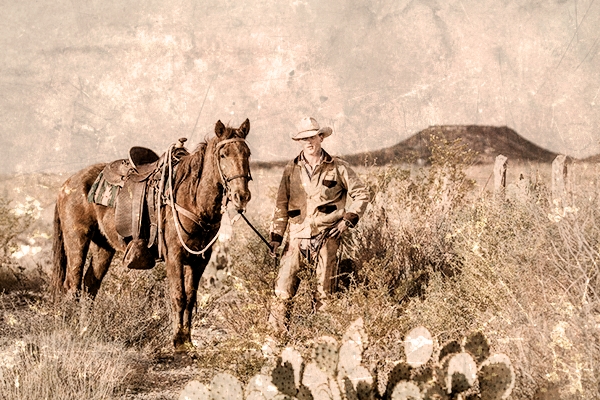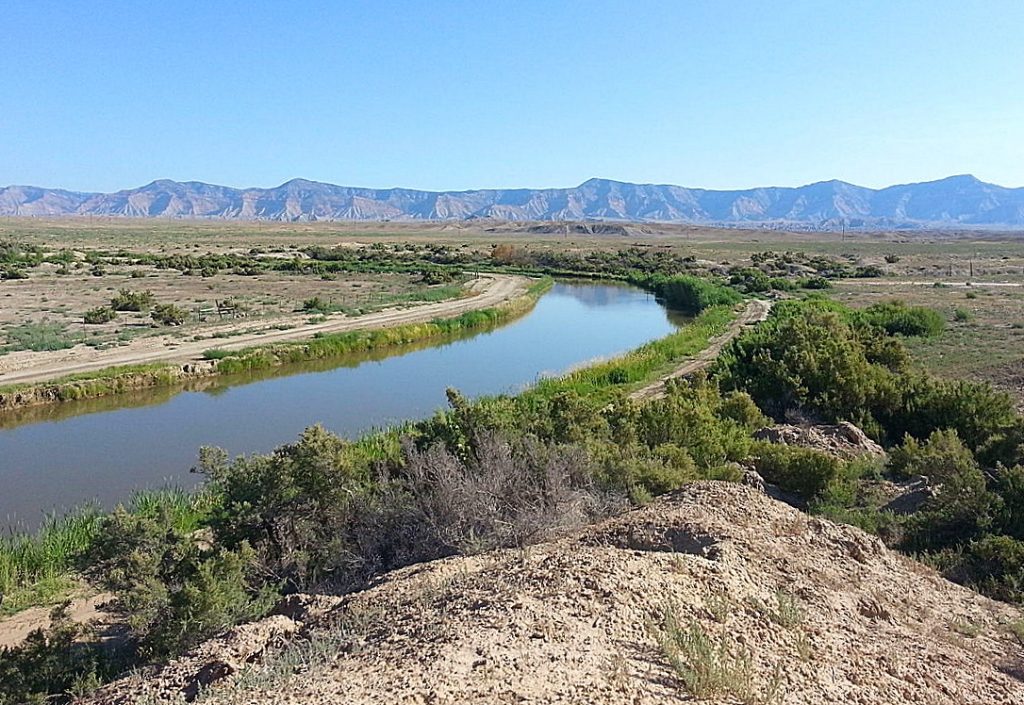“If we slow down our progress, including the generation of new ideas, by using less energy or less of any other resources, we deserve nothing but contempt from future generations—for example, from those who die prematurely because a medical cure comes twenty years later than it needed to.”
Commentary by Alex Epstein
One of the least controversial ideas in our culture is “resource conservation”: the idea that we should prioritize conserving resources for future generations lest we leave them with nothing. In my last column, “The Truth About Sustainability,” I explained how the underlying theory here, that resources are finite and scarce, is false.
…nature gives us very few directly usable machine energy resources. Resources are not taken from nature, but created from nature. What applies to the raw materials of coal, oil and gas also applies to every raw material in nature—they are all potential resources, with unlimited potential to be rendered valuable by the human mind.
Ultimately, a resource is just matter and energy transformed via human ingenuity to meet human needs. Well, the planet we live on is 100% matter and energy, 100% potential resource for energy and anything else we would want…
The amount of raw matter and energy on this planet is so incomprehensibly vast that it is nonsensical to speculate about running out of it. Telling us that there is only so much matter and energy to create resources from is like telling us that there is only so much galaxy to visit for the first time. True, but irrelevant.
This implies that there is no conflict between our consumption of resources and future generations. But I want to take this further: there is an incredible harmony between our consumption and future consumption, between present generations and future generations.
Think about your generation. From the perspective of previous generations, you are a future generation. To the extent our grandparents, great-grandparents and great-great-grandparents thought about what kind of world they would leave, they were thinking about us.
What actions of theirs—and generations before them—benefited us most?
One type of action that benefits everyone going forward is the formation of an important new idea—whether a scientific discovery, such as Newton’s three laws of motion, or a technological achievement, such as Watt’s efficient steam engine.
If we look at history, an incredibly disproportionate percentage of valuable ideas have come in the last several centuries, coinciding with fossil-fueled civilization. Why? Because such a productive civilization buys us time to think and discover, and then use that knowledge to become more productive, and buy more time to think and discover. We should be grateful to past generations for producing and consuming fossil fuels, rather than restricting them and trying to subsist on something inferior.
If we slow down our progress, including the generation of new ideas, by using less energy or less of any other resources, we deserve nothing but contempt from future generations—for example, from those who die prematurely because a medical cure comes twenty years later than it needed to.
The production and consumption of resources increases the production of knowledge, and it is knowledge that enables one generation to begin where the last left off.
Besides our ideas and knowledge, another form of past action that benefits us is past wealth creation.
Imagine that we had all the knowledge we do today but we were placed in a pre-civilization environment. By popular accounts, this is a state “rich in natural resources.” It would be a state where all our predecessors had “conserved resources.” Would we want to be there? Of course not, because those “resources” would not be genuine resources; they would be only potential resources, raw materials, and it would take a tremendous amount of time and effort to even start using them to create wealth.
The more resources that have been created in the past, the more prosperous societies have been, the more resources they invariably leave behind for us to start with. How grateful am I to the man who first took a streak of rust from a rock and turned it into iron ore, instead of being a “conservationist” and letting it sit there for me and my generation.
That process of resource creation provides the material for the next stage of resource creation. It means taking iron ore and turning it into something more valuable, steel, then taking that steel and turning it into something more valuable, a bunch of girders, then turning those into something much more valuable, a skyscraper, which becomes even more valuable as the workplace for thousands and thousands of productive people, who increase the value of each of those workplaces by starting any number of productive enterprises, which ultimately go back to taking raw materials and making them more valuable through an ingenious combination of machine power, manpower, and superior methods. As part of this process, human beings are not only creating a greater quantity of resources but a great quality–using increased wealth and productivity they come up with healthier, cleaner ways of producing and consuming resources.
Life can be great, indefinitely. Each of us must try to make the best of his life, by creating as much as he wants to benefit his life, and to take joy in the fact that his interests are harmonized with those of his fellow men and his children and his children’s children, knowing that the greatest gift he can give to both himself and to the future is to be a creative human being who enjoys his life.



